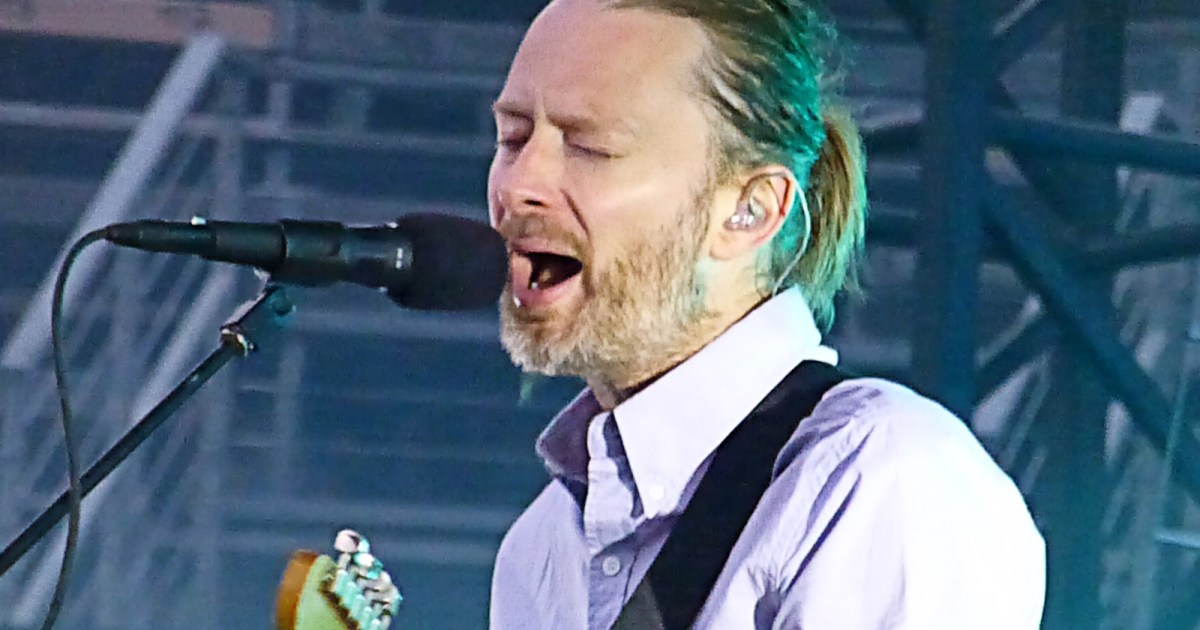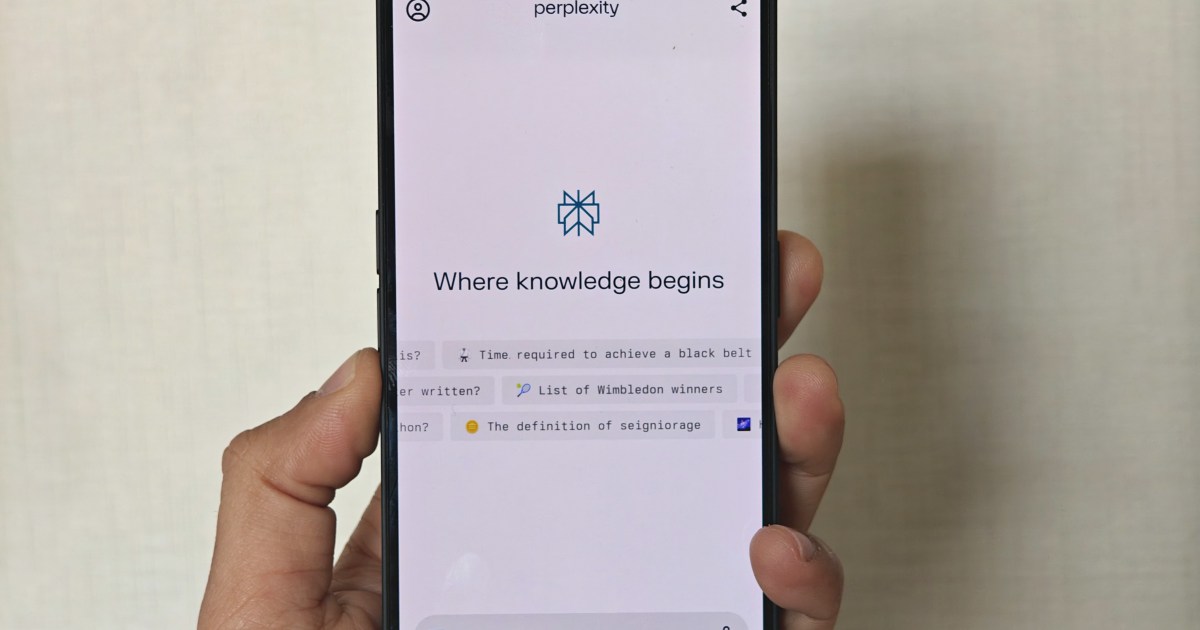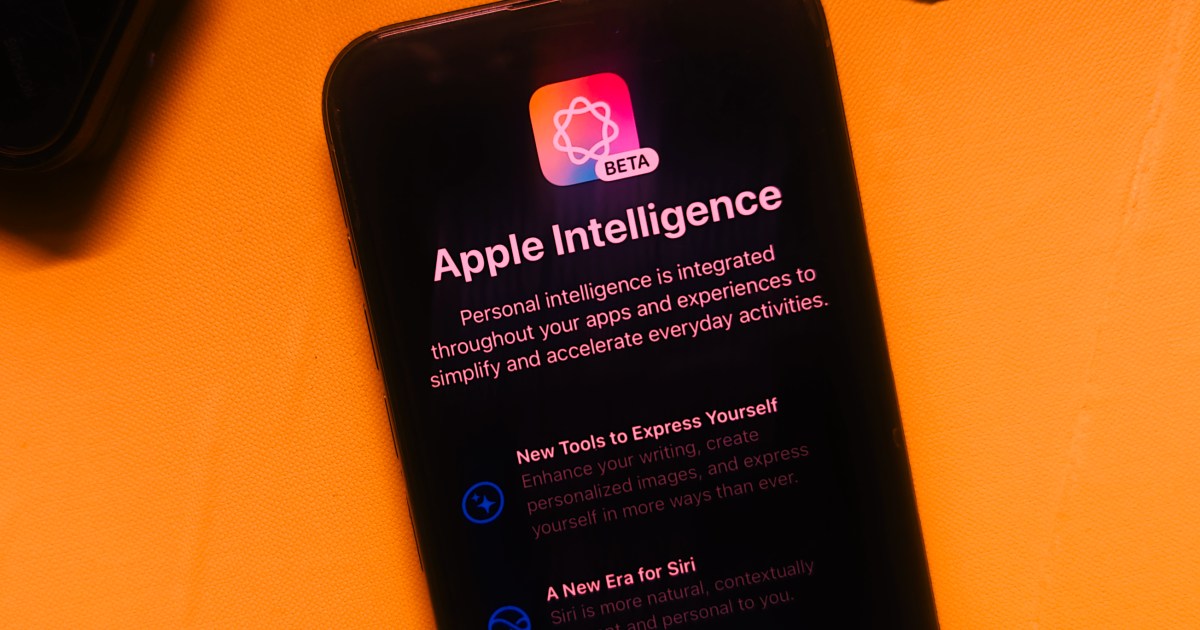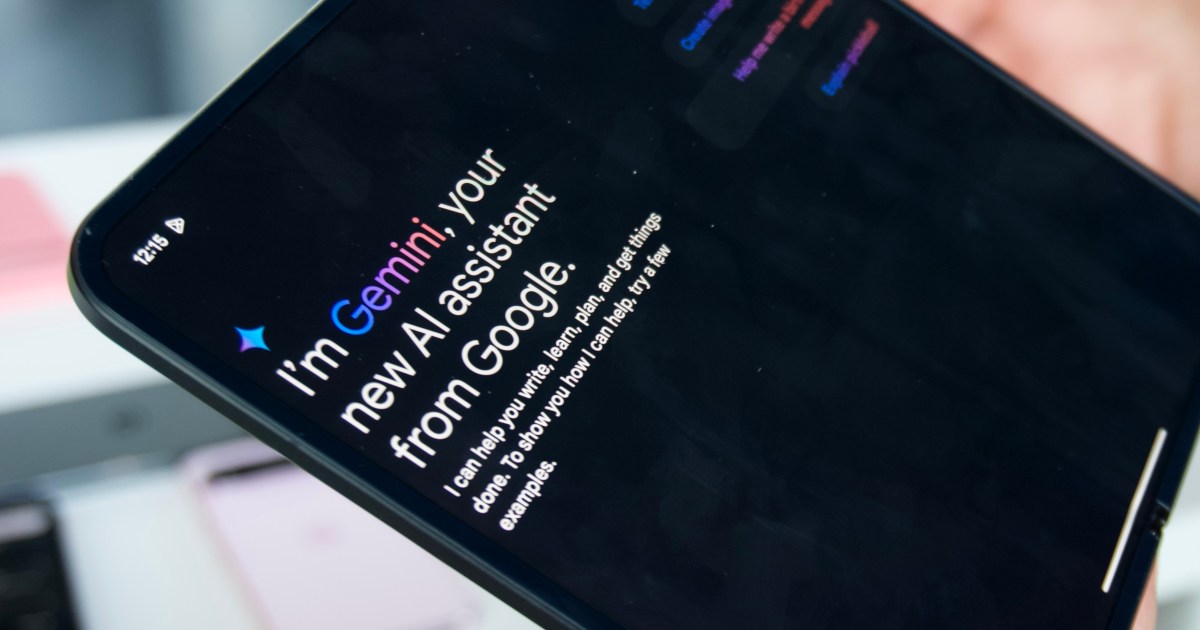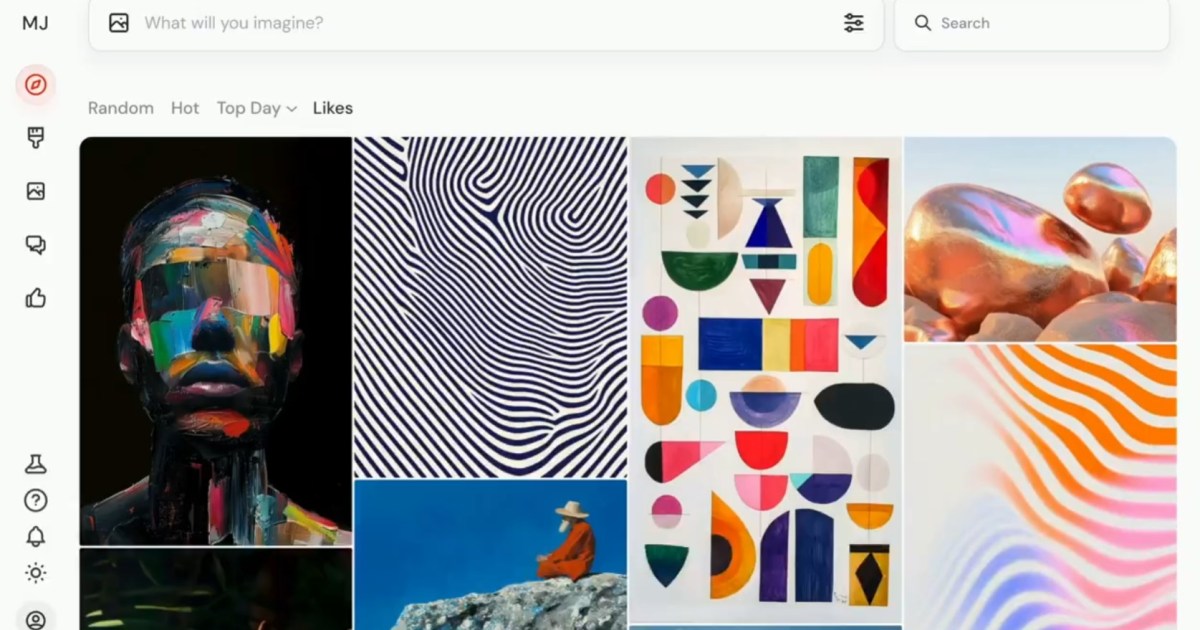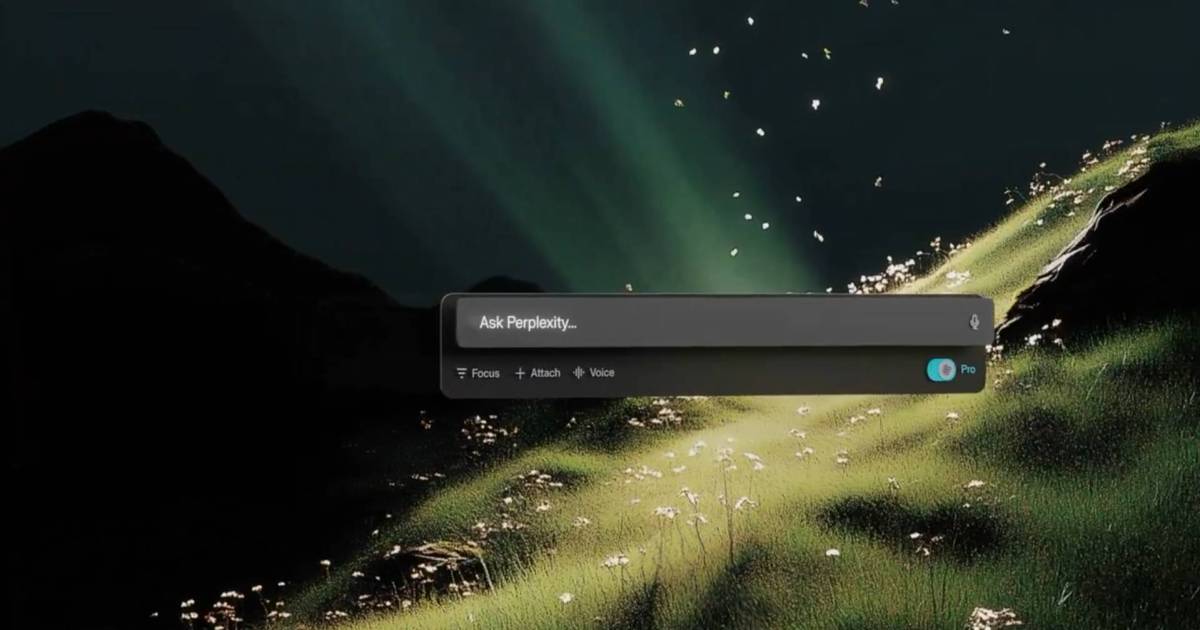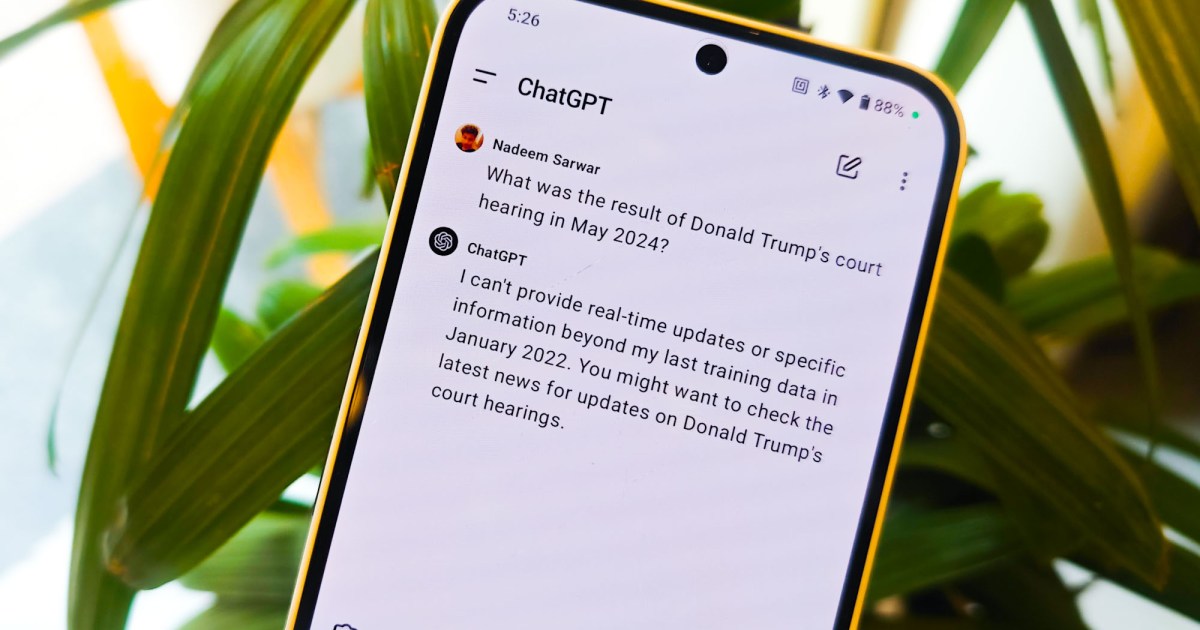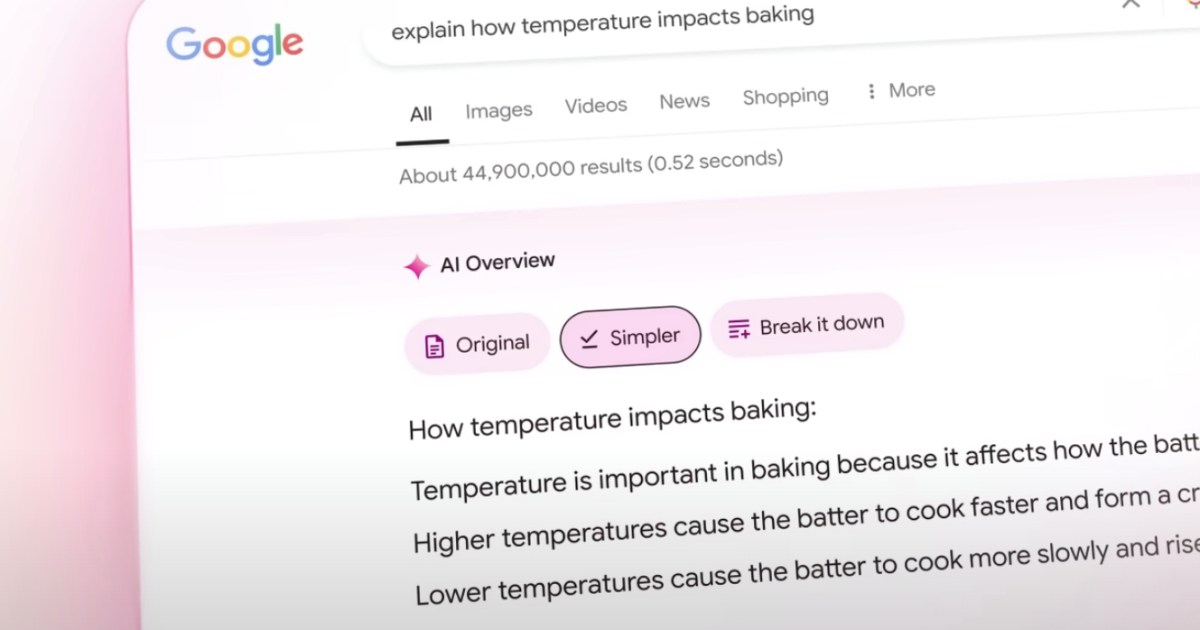Generative AI tools like ChatGPT are revolutionizing various creative fields, but their training methods are raising concerns among artists. Over 11,500 artists, including prominent musicians, authors, and actors, have signed an open letter protesting the unlicensed use of creative works for AI training. This practice poses a significant threat to the livelihoods of creators.
The open letter states: “The unlicensed use of creative works for training generative AI is a major, unjust threat to the livelihoods of the people behind those works, and must not be permitted.” Notable signatories include Thom Yorke of Radiohead, actors Julianne Moore and Kevin Bacon, Nobel laureate Kazuo Ishiguro, and ABBA’s Björn Ulvaeus.
Generative AI models are trained on vast datasets scraped from the internet, encompassing text, images, videos, music, and speech. This data allows AI tools to generate human-like conversations, create images and videos from text prompts, develop speech tools, and even compose music.
The core issue lies in the unauthorized scraping of this data without consent or compensation to the original creators. Tech companies often argue that their data collection falls under “fair use” copyright provisions, but artists are increasingly challenging this claim, alleging copyright infringement.
Several lawsuits have been filed in U.S. courts over the past year, compelling companies like OpenAI to defend their practices against copyright claims.
To mitigate further legal action, some AI companies are pursuing licensing agreements with media publishers. These deals would grant access to content for AI training in exchange for compensation.
Generative AI is a nascent technology, and regulators are still grappling with its implications. Finding a resolution to the copyright debate will likely require time and further legal and legislative developments.
The ongoing tension between technological advancement and artists’ rights highlights the need for a balanced approach that protects both innovation and creative ownership. As AI continues to evolve, establishing clear guidelines for data usage and artist compensation will be crucial for the future of the creative industries.



